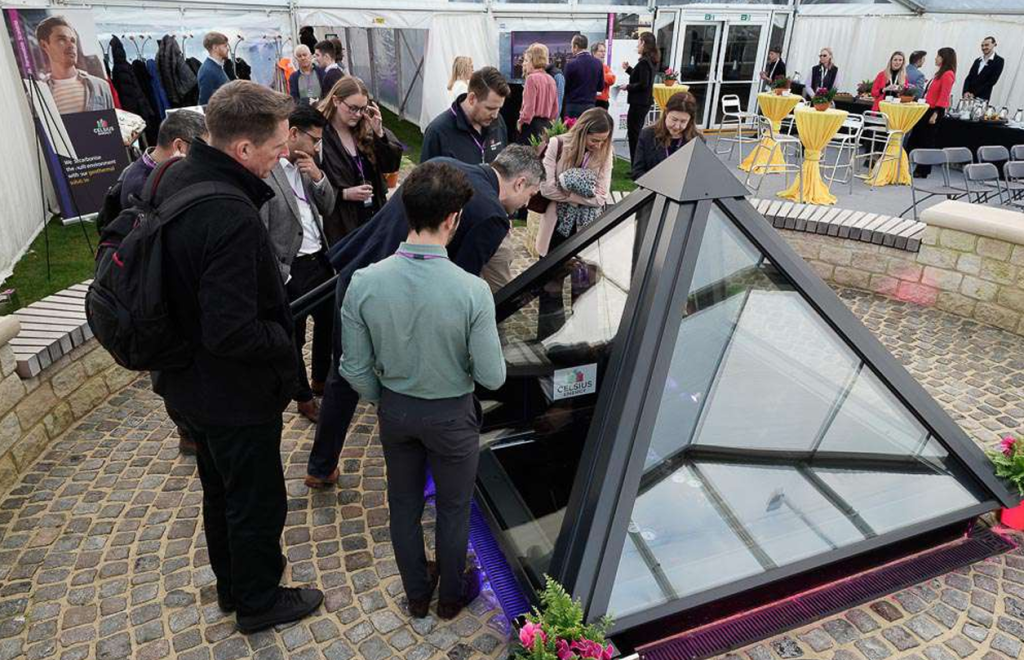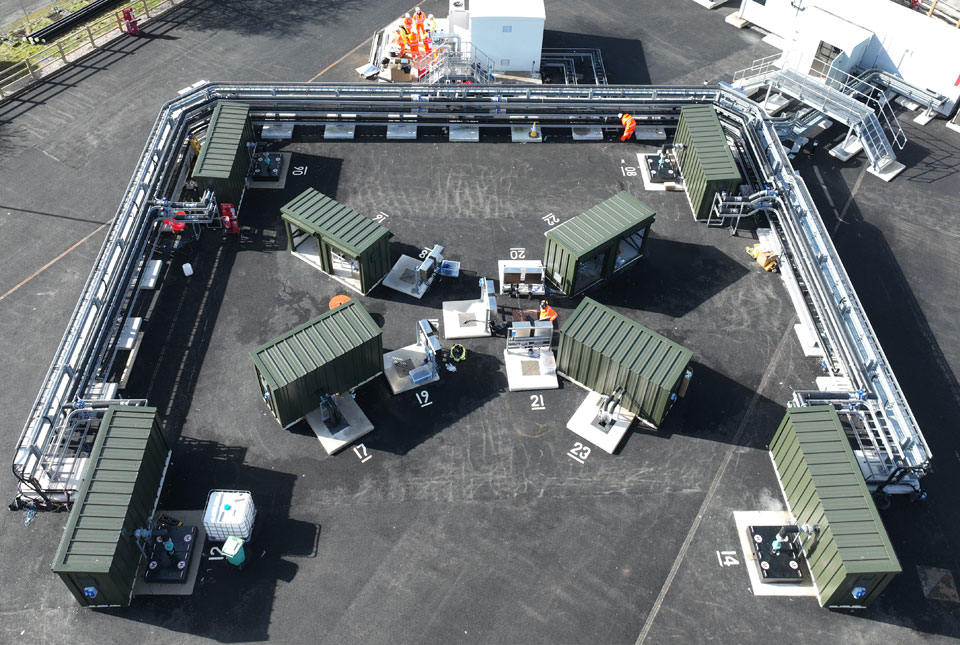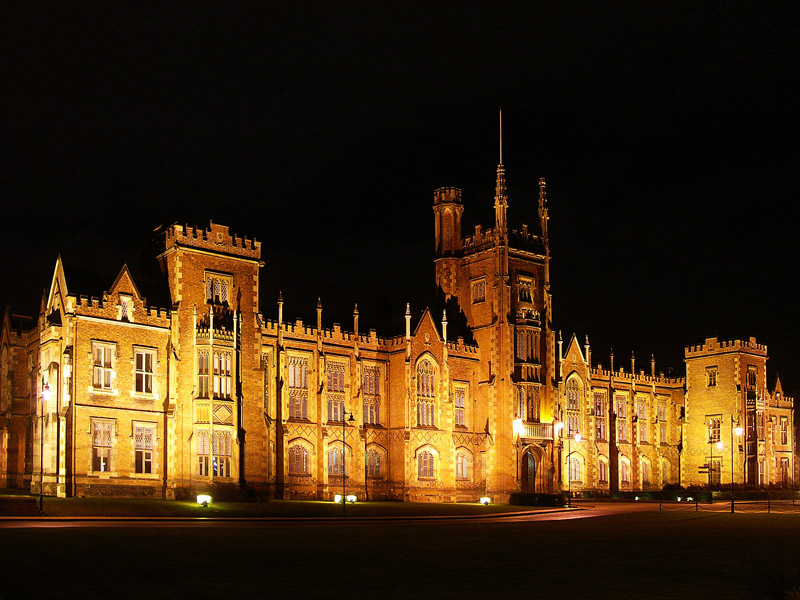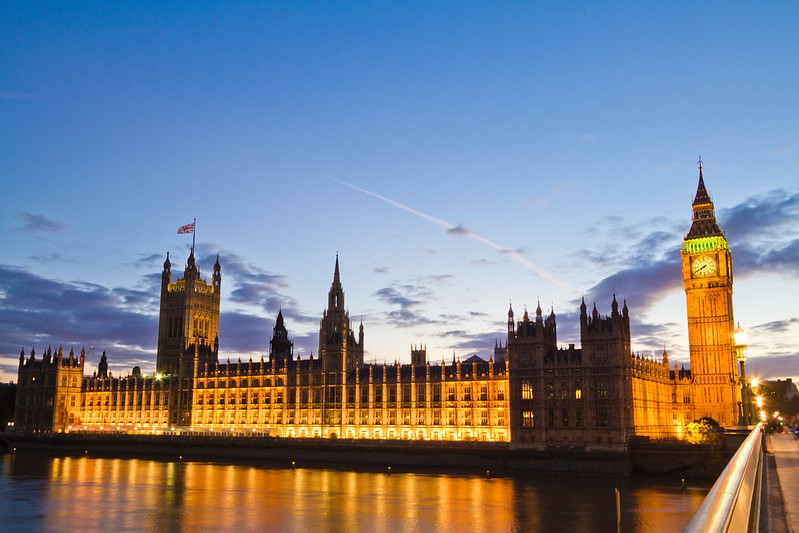The presidential committee recommended in September shutting down up to 14 coal plants between December and February and up to 27 in March, scaling up the country’s anti-pollution measures.
South Korea, Asia’s fourth-largest economy, has about 60 coal-fired power plants, generating 40% of the country’s electricity. But experts say burning coal has worsened air quality in the country.
The country’s energy ministry said in a news release that the remaining coal power plants will operate at no more than 80% capacity from December to February.
So far, South Korea has suspended operations of some ageing coal-fired power plants from March to June and capped such plants’ operations at 80% when an air pollution advisory is issued.
The country’s winter power demand is expected to peak at around 88,600 megawatts (MW) in the fourth week of January, and to increase to 91,800 MW if there is an extreme cold snap, according to the ministry statement.
Electricity supply is expected to meet demand with a power surplus of above 11,350 MW from December through February, the ministry said.







